
OR
Proposed Constitutional Council Ordinance becomes void
Published On: December 12, 2019 07:24 AM NPT By: Republica | @RepublicaNepal
KATHMANDU, Dec 12: The proposed Constitutional Council Ordinance, which ignited controversy for its provision to exclude the main opposition leader from a crucial decision-making process, has become void following the summoning of the parliament session by the president. President Bidya Bhandari has summoned the winter session of parliament for next week.
After the main opposition Nepali Congress (NC) protested against the ordinance forwarded by the government last month, President Bhandari had decided to withhold it.
Article 114 of the constitution states that the government can bring ordinance when the parliament is not in session. Asked about the status of the proposed ordinance, spokesperson at the president’s office Hari Prasad Dahal said the head of state will not issue the ordinance as the House session has already been summoned.
Former Speaker Subas Nembang said no ordinance can be issued after the commencement of House session. “Now that the parliament session has already been summoned, the ordinance proposal becomes void automatically,” said Nembang.
Main opposition NC had warned the president against issuing an ordinance expressing its strong opposition to the proposed amendment to the Constitutional Council Act 2010. The existing act has a mandatory provision of garnering consensus among all members of the council while taking decision on any agenda in the first meeting. However the council can take decisions through majority votes from the third meeting of members if there is no consensus on a proposal even in the second sitting, the act states.
But the government had decided to amend the law through an ordinance to allow the council to take decisions on the basis of majority from the first meeting itself without trying to forge consensus among six members. Prime Minister, Chief Justice, National Assembly Chairperson, Speaker, Deputy Speaker and parliamentary party leader of the main opposition party are members in the council which is responsible for appointing heads and members in various constitutional bodies.
After the opposition NC seeking to assert its role in the appointments at various constitutional bodies, the government had decided to amend the law to allow the prime minister-headed council to make decisions without the consent of the main opposition leader Sher Bahadur Deuba.
You May Like This
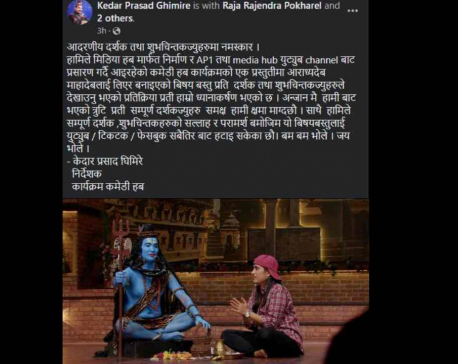
Kedar Ghimire removes trailer video of episode 10 of comedy hub; apologizes for the audacity
Kedar Ghimire aka Maagne Buda has apologized over the rising controversy created due to the trailer video of episode 10... Read More...
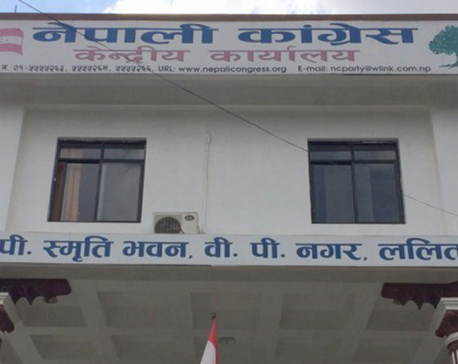
NC demands immediate withdrawal of Constitutional Council ordinance
KATHMANDU, Dec 18: The main opposition Nepali Congress has demanded that the government withdraw the Constitutional Council related ordinance as... Read More...
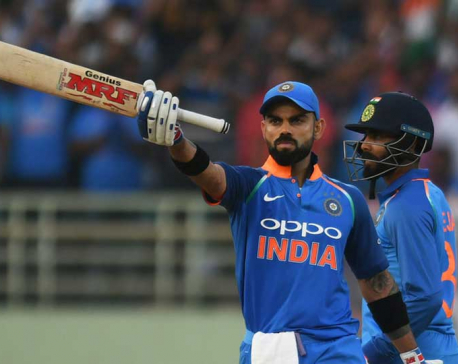
‘Go and live somewhere else,’ Indian cricket captain Virat Kohli tells critical home fans
NEW DELHI, Nov 8: Indian cricket star Virat Kohli has stirred controversy in his homeland after telling fans who don’t... Read More...
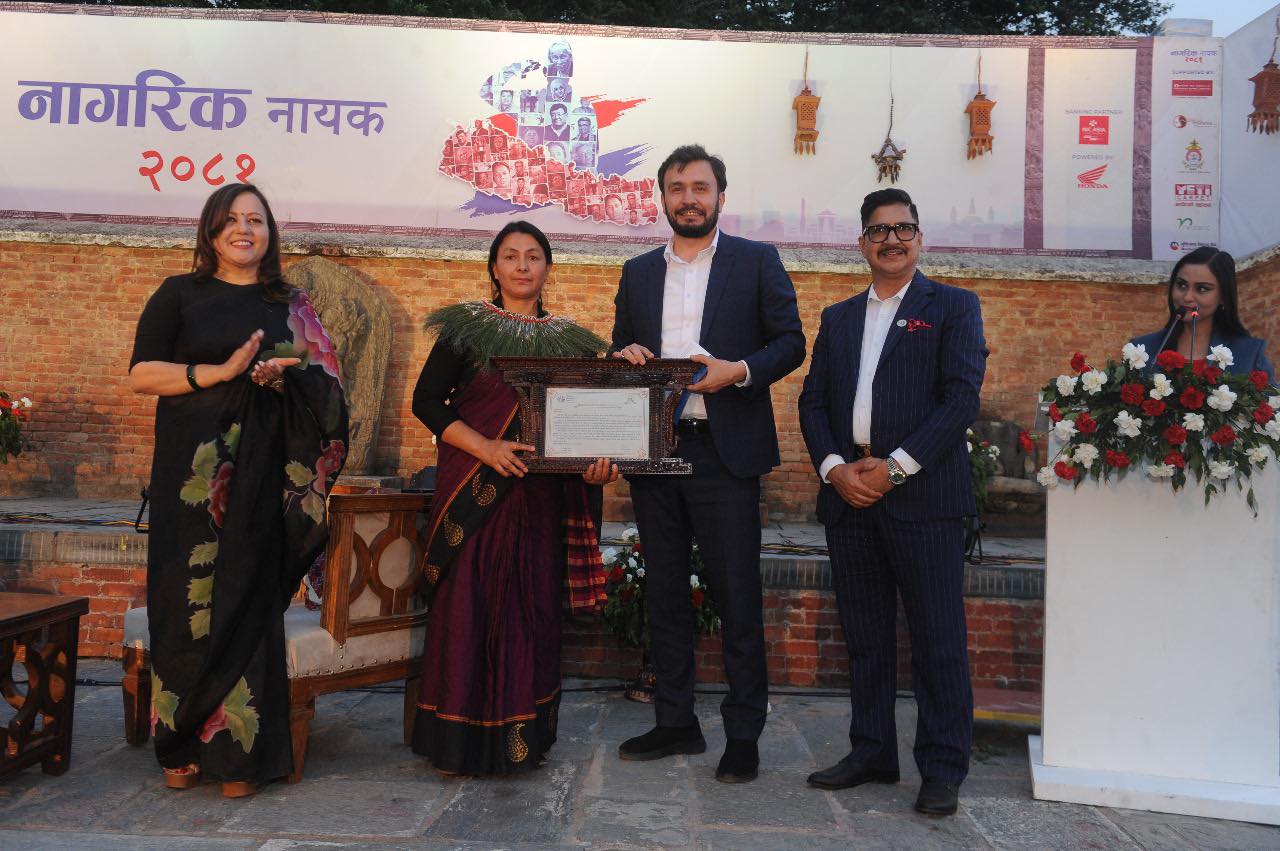
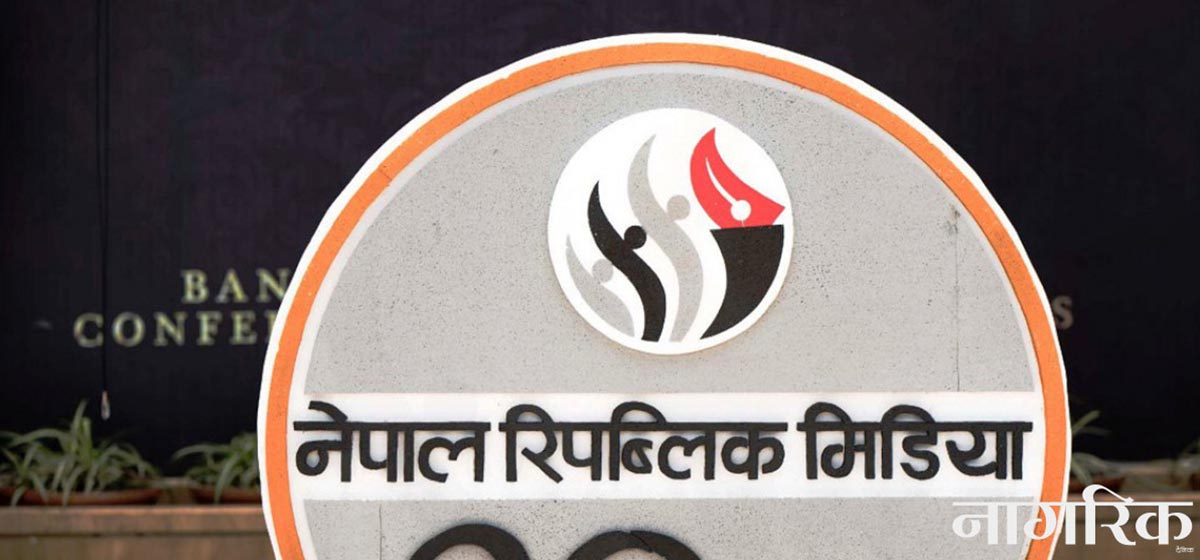
Just In
- President Paudel requests Emir of Qatar to initiate release of Bipin Joshi
- Emir of Qatar and President Paudel hold discussions at Sheetal Niwas
- Devi Khadka: The champion of sexual violence victims
- Nagarik Nayak Felicitation (Live)
- Qatar Emir in Kathmandu, President and Prime Minister welcome Emir at TIA (In Photos)
- NRM Director Gyawali inaugurates Nagarik Nayak 2081
- Govt amends nine laws through ordinance to attract investors
- NRM to announce two citizen heroes today








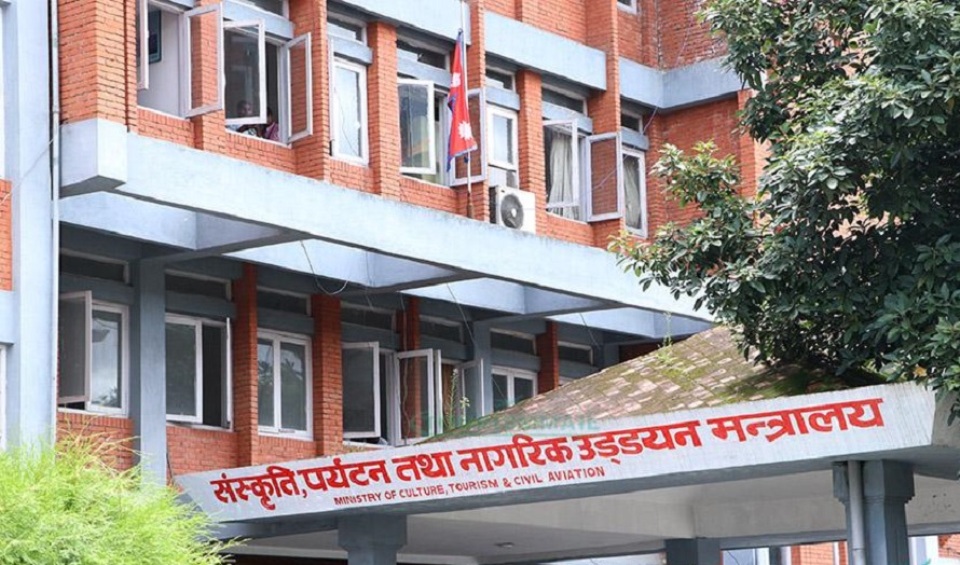

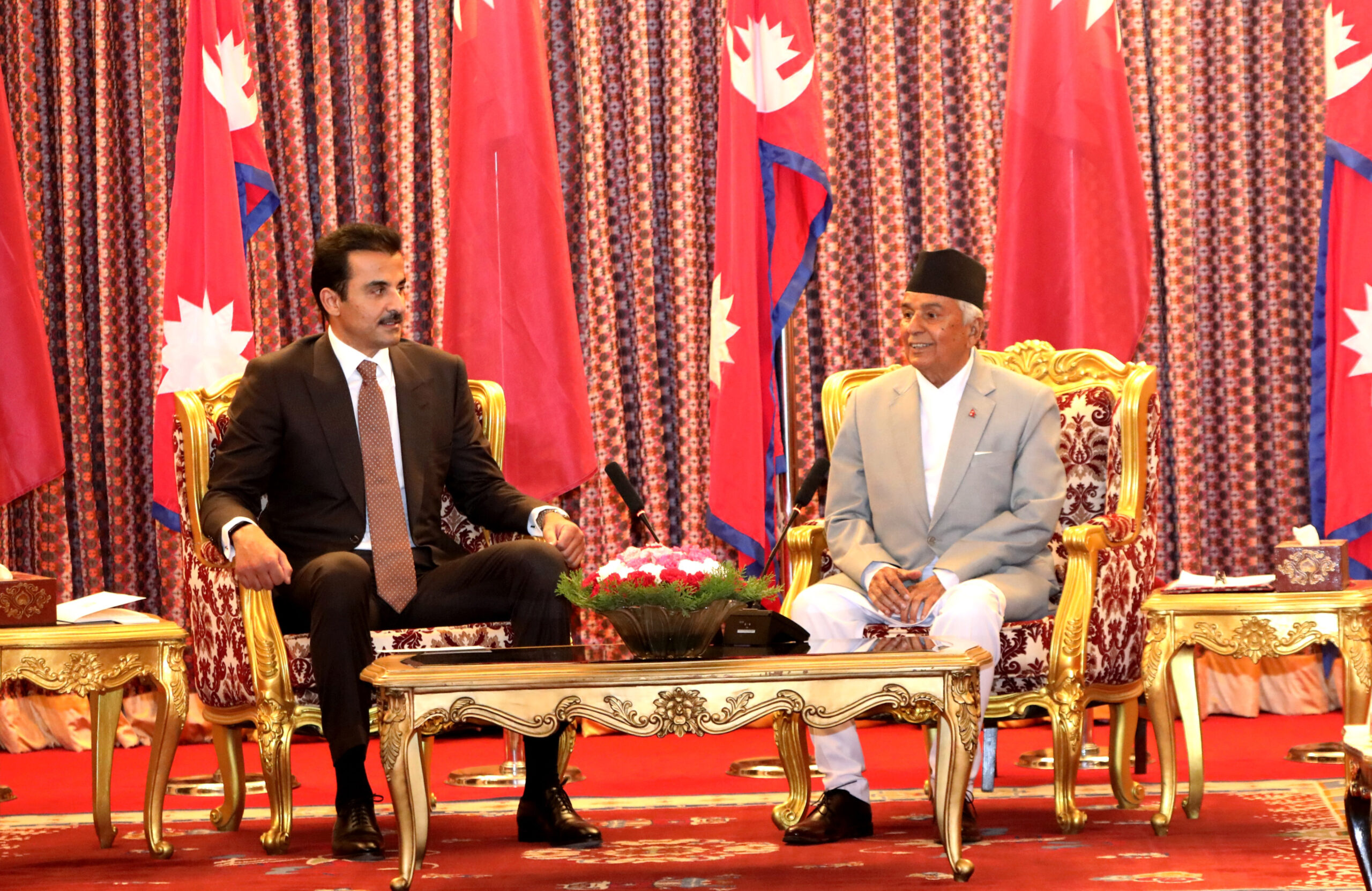
_20240423174443.jpg)
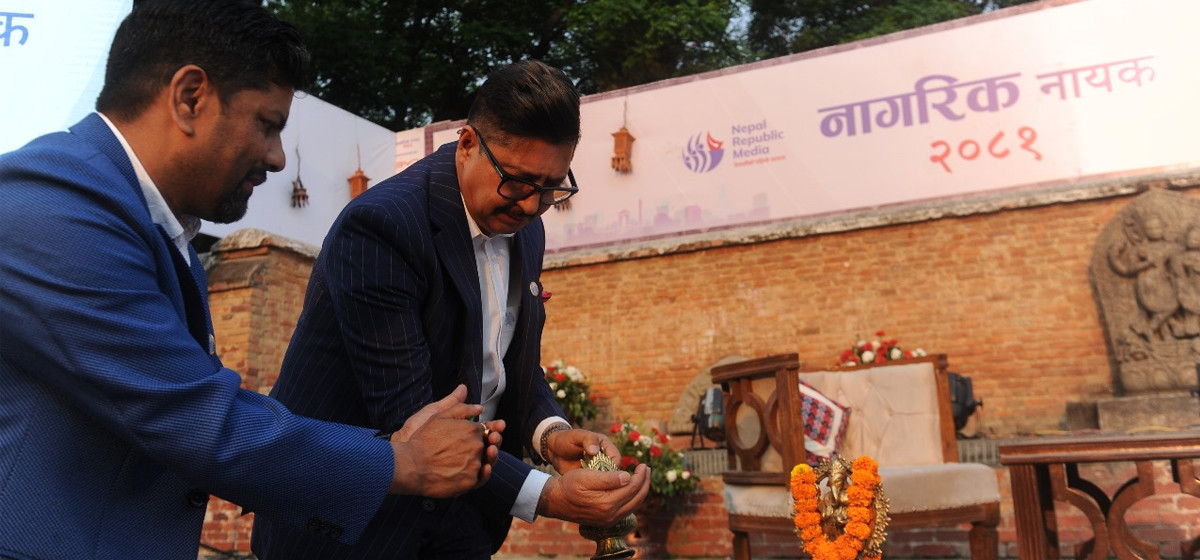

Leave A Comment